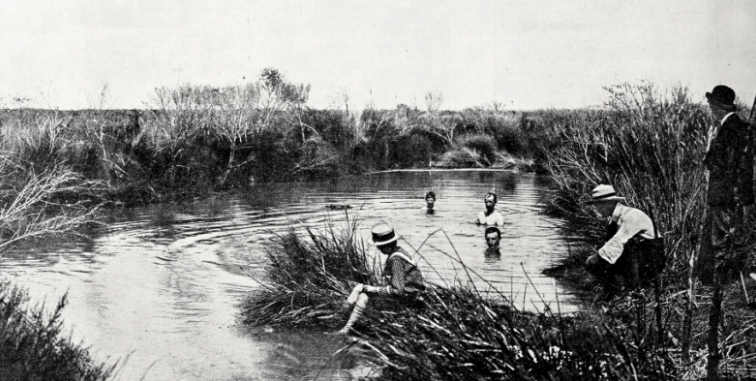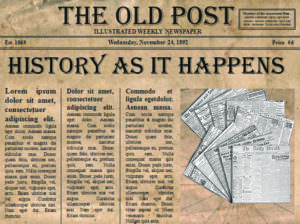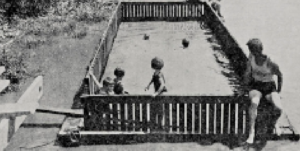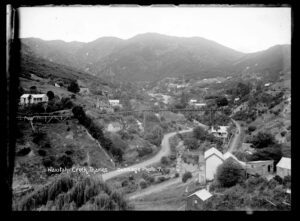As part of a Valley Profile series, MEGHAN HAWKES searches through old newspapers to bring you the stories Thames Valley locals once read about themselves.
1910
Great uneasiness was caused by a man who declared at a public gathering “God help the man who takes up land at Piako”.
The Lands Department lost no time in countering that the new settlement would turn out to be as successful as had all along been confidently anticipated.
But a practical farmer, writing to the newspapers, agreed with the pessimist saying the Piako swamp was a failure. At high tide the sea backed the river up and the water spread all over the land. The drains that were cut were useless.
At low water they were full to the surface and dead water lay all over the sections up to one’s knees. It would never be drained dry enough to grow anything.
There was no fresh water on the land and Artesian wells sunk by the government resulted in a flow of only hot soda water. There was no timber of any sort on or near the swamp; it would all have to come from Rotorua, and stone for the roads would need to be brought from Thames.
The only way to get to the swamp was by oil launch from Thames and the nearest railway – the Waikato line – was 25 miles over an impassable road.
The first class land at Piako would be good if it could be got dry; but the second class land had from 2ft to 8ft of peat full of water on it. It was all taken up mostly by people who had never seen it – shop assistants and the like.
The Lands Dept rebutted all these criticisms, adding that a few months previously, while a comet was in close proximity to the earth, it was noticed that the sea rushed into the Piako River at a phenomenal rate, and out again as quickly, but none went over the stop banks.

From all accounts, settlers were well pleased with their sections, and there was every reason to believe that the settlement would thrive. There was even a thermal pool in the great swamp near Miranda which could have some sort of possibility.
Meanwhile, Mr McLiver, of Puriri, had solved the problem of how New Zealand could carry 20 million inhabitants – by growing fruit.
Mr McLiver, who had demonstrated the feasibility of making a financial success of a few acres of land, was an expert in fruit growing, and apples grown by him not only commanded the best price on the market, but had the honour of being selected by the government for exhibition in England.
One of Auckland’s leading nurserymen agreed saying it was an acknowledged fact that the best spot in New Zealand to cultivate the luscious and profitable apricot was the strip stretching from Puriri to Tapu and the coast.
The market for this fruit was never glutted and owing to the limited area on which they could be grown successfully, never likely to be.
At Paeroa, there was a large gathering of devotees to the graceful art of skating at the rink and a highly enjoyable evening was spent.
The potato race was won by Mr Edwards, who was also successful in the cigarette race with Mrs Dean. Future attractions included a tandem race for ladies and gentlemen and an egg and spoon race.
The management was making arrangements for music to be provided at the evening sessions to add to the enjoyment of all patrons.




